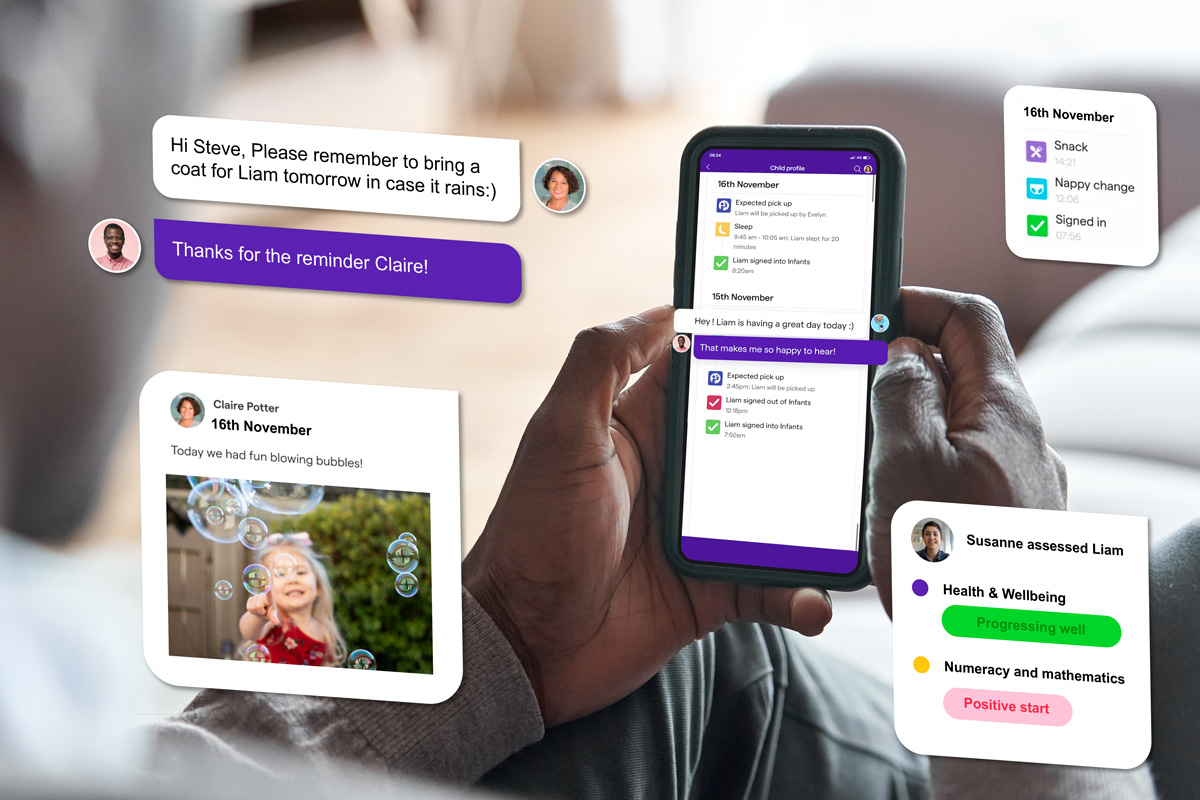Tax-Free Childcare:
A Comprehensive Guide
Consider Tax-Free Childcare as a valuable avenue to cut down on your family’s childcare expenses. We acknowledge that delving into the intricacies of this process can be a bit daunting. Allow us to guide you through the details of Tax-Free Childcare, unravelling the complexities and providing clear insights to help you navigate this beneficial option for managing childcare costs effectively.


Tax-Free Childcare is a government initiative aiming to alleviate childcare costs for working parents. To participate, you create an online account on the government’s website, GOV.UK, and contribute funds that are matched by the government with an additional 20%, mirroring the typical tax rate. This scheme provides support of up to £2,000 per child (or £4,000 for disabled children) annually, up to a total childcare cost of £10,000.
Eligible individuals can apply for all their children simultaneously, including adopted children, as long as they are under 12 (or 17 for children with disabilities). Eligibility is contingent on factors such as employment status, income, child’s age and circumstances, and immigration status. It’s crucial to assess if Tax-Free Childcare is the most suitable option, especially if already receiving Working Tax Credit, Child Tax Credit, Universal Credit, or childcare vouchers.


The application process takes about 20 minutes, requiring details like National Insurance numbers and, if self-employed, the Unique Taxpayer Reference (UTR).
After approval, payments to the childcare provider can be made tax-free through the government account. Logging in and ensuring “cleared funds” will enable secure and timely payments, reflecting in the childcare provider’s account within 24 hours, contingent on their bank’s processing time.



Our App

